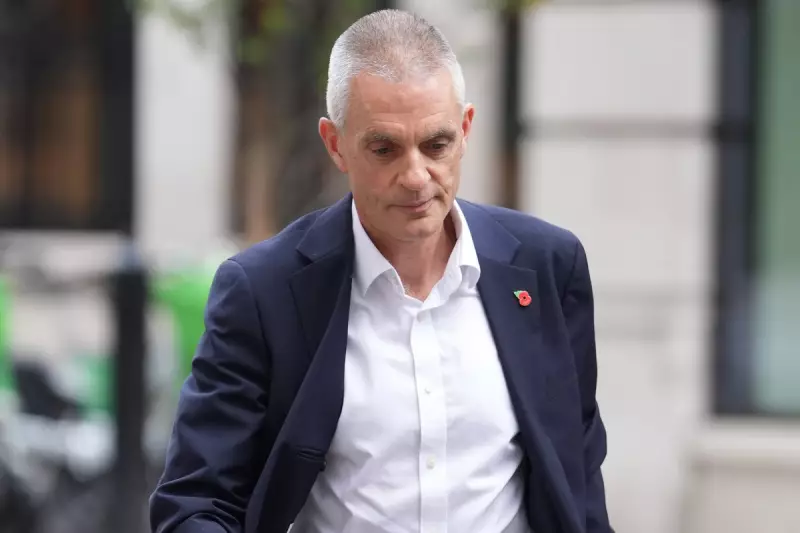
The author of a leaked memo that triggered a leadership crisis at the BBC has claimed the corporation's former director-general, Tim Davie, had a significant 'blind spot' when it came to editorial failings.
A 'Supreme Talent' with a Fatal Flaw
Appearing before the Commons culture, media and sport committee on Monday 24 November 2025, Michael Prescott testified that while Mr Davie was a 'supreme talent' performing excellently across most of his role, he failed to address growing editorial problems.
Mr Prescott, a former independent adviser to the BBC's editorial guidelines and standards board, stated: 'He seemed to me to be doing a first rate job across 80 or 90 per cent of the portfolio. It was just that he had this blind spot on editorial failings. I think it's a bit of a tragedy he's gone.'
The Fallout from a Bombshell Memo
The controversy stemmed from a report penned by Mr Prescott, which raised serious concerns about a Panorama episode that used selective editing of a speech by former President Donald Trump from before the 2021 US Capitol attack.
Following the memo's publication, the consequences were swift and severe. Tim Davie stepped down as BBC director-general, and news chief Deborah Turness also resigned. BBC chairman Samir Shah publicly apologised for an 'error of judgment', conceding that the editing of the 2024 documentary gave the false 'impression of a direct call for violent action'.
No Institutional Bias, Says Memo Author
Despite highlighting these serious issues, Mr Prescott was keen to defend the broader integrity of the BBC. He insisted to MPs that his actions were motivated by a desire to support the broadcaster, not by any political agenda.
'There was no ideology at play here, no party politics,' he said. 'I just want the BBC to be impartial, accurate and fair.'
When asked directly if he believes the BBC is institutionally biased, he gave a firm response: 'No I don't… I do not think it’s institutionally biased. Tons of stuff that the BBC does is world class.' He described himself as a 'strong supporter of the BBC' and expressed his love for the institution, pointing to the talented professionals it employs.
However, he explained that during his three years on the standards committee, he observed 'incipient problems' that were not being properly tackled and, in his view, were getting worse. He expressed regret that Mr Davie felt he had to resign, stating he had hoped the leadership would have 'get on top of these problems, start sorting them out in a systemic and more methodical way'.





